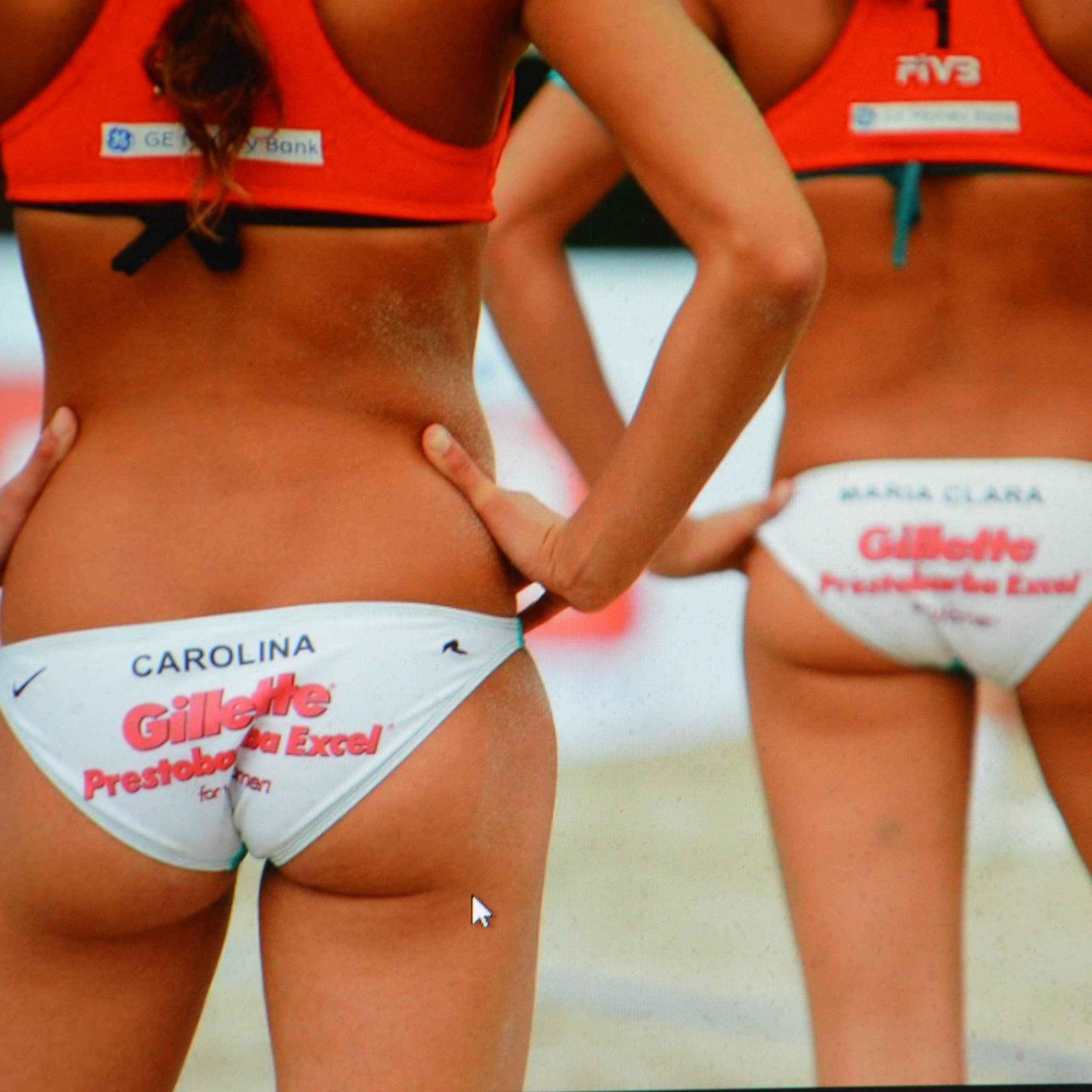It is a joy to see that all those intrepid Olympians have survived Covid and its deadly impact on the world. The opening ceremony for the Games of the XXII Olympiad held in Tokyo was poignant and heartfelt, demonstrating how these young warriors marshalled on despite having to train in isolation.
The Olympic motto “Citius, Altius, Fortius” means “Faster, Higher, Stronger” and we watched this motto in the flesh in water polo, fencing, cycling, beach volleyball and gymnastics. The speed of Lee Kiefer in fencing was breathtaking. The strength of those water polo guys was impressive. And the height that Simone Biles can leap is awe-inspiring and mind-boggling.
But alas, it never takes long before controversy emerges at the Olympics. In past Olympics we learned of the American ice hockey team trashing their hotel room, the story of performance enhancement drugs taken by track stars, the lackluster attitude of a Bode Miller and the Zika virus during the last summer games in Rio.
But this year the most provocative controversy is about sexual allure. They have added a word to the Olympic motto to make it “Citius, Altius, Fortius-Communiter.” Communiter means together in Latin. If they were being honest that would have added Loremus” which means sexier. All of which brings us to this Olympiad’s controversy.
Freud was right when he said the world is run on sexual energy. And if you have been watching this year’s summer games, you would no doubt agree with him.
There are two immediate questions one is faced with while watching the women’s beach volleyball event. The first is how they manage to endure the exhausting efforts to jump up out of soft sand. This does not look at all like a pleasurable or a fun thing to do. And the second, more pressing question is who makes the decisions to put these athletes in bikinis? If this is not sexualizing the female, then I don’t know what is.
It is hard to develop a rationale for this other than it will bring in more male viewers to gaze upon the splendor of the female body. Indeed, the female body is a thing of great beauty, but does it really have to be shown off in sports? TV revenues increase along with potential increase in sales for the advertisers if males tune in more, but that seems like a truly crass rationale.
The downside to sexualizing the female athlete’s body is that it demeans the female athlete and suggests that she is admired for her looks and not for her skill sets. This controversy has been developing over time. We all heard about the sexual abuse endured by the young gymnasts at the hands of Dr. Larry Nassar. And more recently there was the fining of the European Handball Federation when the team from Norway refused to wear the bikini bottoms. During this Olympiad the Norwegian Beach Volley Ball Team also rejected the bottoms.
This makes sense to me because the displays of bare bottoms combined with sweat and sand all conjures up an odd mixture of pain, endurance and sexual display. Is the female athlete a sexual object one should gaze upon or is she a subject of empowerment, grace and talent that can be admired and respected?
We may turn to Simone de Beauvoir’s “The Second Sex” to improve our understanding of feminism. She singlehandedly and permanently eviscerated the popular notion of the feminine as a passive, weak and smiling princess. Her text outlined the trap that has been laid, which encourages all women to see themselves as secondary, ancillary, submissive and as pretty objects.
And so when these female warriors are asked to don tiny bikini bottoms, it must put them in conflict. Are they in a beauty contest or in a sporting event?
The tight outfits and makeup that gymnasts wear is the same. Are they objects or are they athletes? We live in a time of the Me Too generation whereby sexual abuse has been shown as rampant and problematic. But the objectification of the female body still reigns supreme and this is clearly on display in Tokyo.
Freud was quite right when he said that culture is ruled by the unconscious and the most powerful force within the unconscious is our sexual instincts. He told us that society’s task is to provide sublimations for this sexual energy and sports is one such way to do so. However there seems to be a fine line between sublimation sex into graceful movement and crossing the line into something a bit too carnal, a bit too fleshy. Thus we are treated to the newest Olympic controversy, ‘the sexy Olympian.’ The Olympics and its television producers have made a Faustian deal with the devil. So far so good but if you know your literature you will know that the devil has a way of winning these deals.




